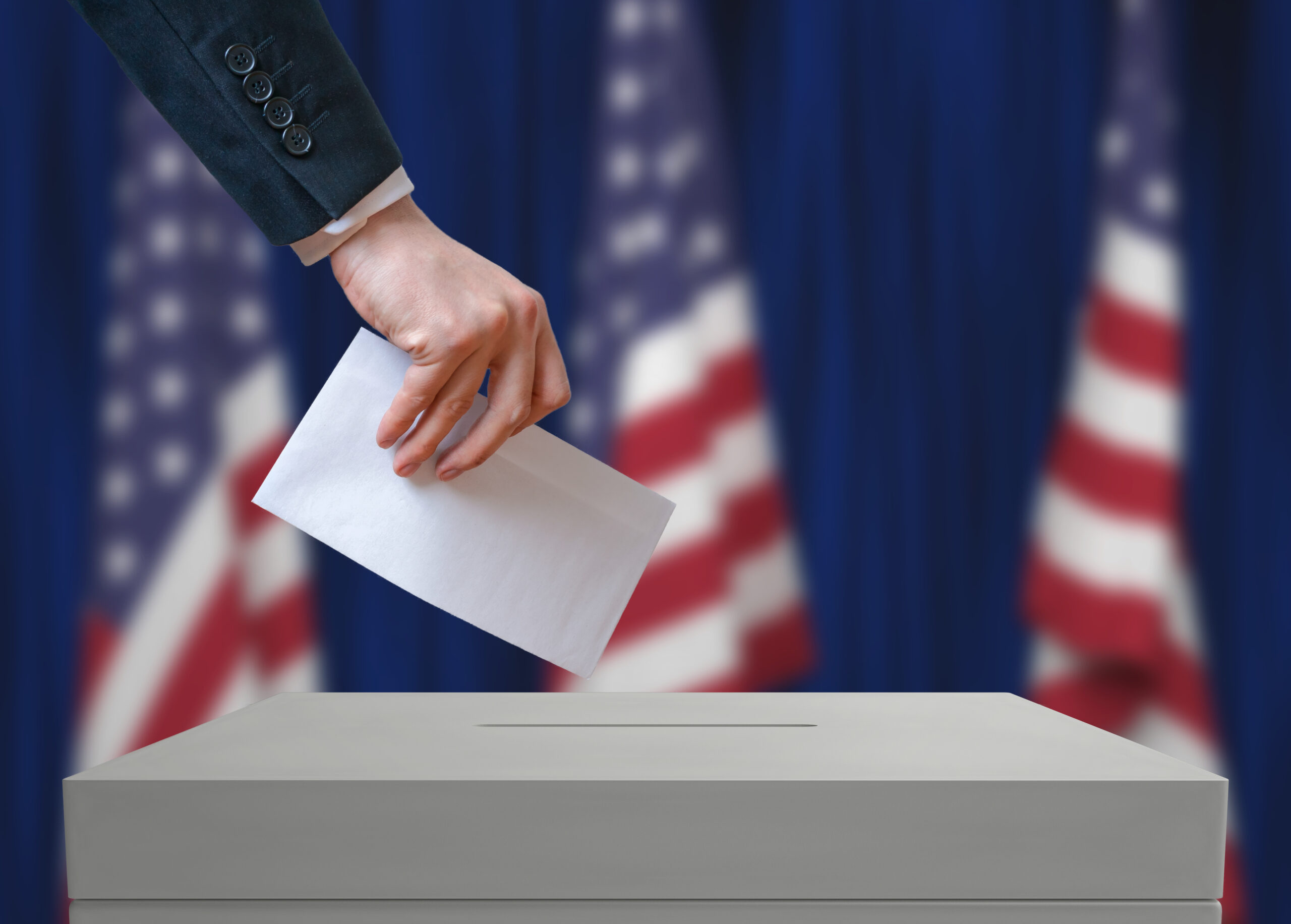People often associate presidential election years with economic uncertainty and a “shaking up” of various markets — including real estate. This often leads real estate investors and stakeholders to proceed with more caution than usual. So, if you’re worried about an unstable housing market during election years, you’re definitely not alone.
At Haines, we have decades of experience analyzing real estate data and helping generate leads for real estate agents, brokers, and even government agencies. We have the knowledge and the tech to understand market trends and help you get ahead of the curve this election year (and beyond). In the meantime, keep reading to learn more about how the housing market is affected by presidential elections in the U.S.
What Changes to Expect in the Housing Market During Election Years
Many people are convinced that presidential elections negatively affect housing markets. However, according to our own research and dozens of trusted studies, this isn’t necessarily true. In fact, there is generally a positive correlation between increases in house value and presidential election years. While we can see more volatility in the months surrounding the election due to the human emotions that come along with it, these are typically small and temporary. On the whole, the housing market and election years don’t have as much to do with each other as people would like to believe.
So, in the sections below, we’ll cover some changes that are more likely to happen to the housing market during an election year — just keep in mind that these changes are not always guaranteed.
Pre-Election Uncertainty
When large assets like real estate are on the line, people tend to fear change more than ever. A presidential election is an opportunity for major change at the federal level, and this causes many buyers and sellers to act more cautiously. Additionally, many people still have the fear of the 2008 housing crisis fresh in their minds.
This is part of the reason why so many people see a negative correlation between presidential years and the state of the housing market. Even though the 2008 housing crisis had virtually nothing to do with that year’s presidential election, it is an easy association to make. As a result, many people get nervous and avoid making major decisions in the months leading up to a big election.
Post-Election Rebound
In the vast majority of cases, presidential elections do not have a major effect on the income of the average American. So, when all the dust settles after a presidential election (regardless of the outcome), many people see that the anxiety they felt beforehand was unnecessary or, at the very least, a bit premature.
This is why the housing market tends to rebound and readjust in the months after a presidential election. Nearly every election year over the past three decades has seen house values rise at a slightly faster rate than in non-election years. Buyers and sellers feel a bit more confident, especially if they have a better idea about what they can expect in terms of interest rate changes and even proposed tax policies that could affect property owners.
A Look at the Whole Year
When we look at election years as a whole, they don’t alter the price trend that is already occurring within the market. For example, home prices generally rise each year. So when looking at this analysis done by Keeping Matters Current from NAR data, home prices do rise in most election years and post-election years because they tend to rise most years anyway:

Further, Bankrate performed an analysis of the S&P CoreLogic Case-Shiller Home Price Index that looks at home appreciation by year. We’ve graphed the data and highlighted the election years below in red. The economic timing is much more important than the year itself as election years have matched up with some of the best years for the housing market (2004) and one of the worst (2008).

Looking for more expert advice on housing markets? Need software that can help you or your business generate leads? If so, reach out to us at Haines to learn more and get ahead of the competition.
About the Author

Ashley Williams
Since 1932, Haines has been publishing the original Criss Cross directory. Now, instead of a giant book, we deliver the same great information in a digital format. We are a family-owned, certified women-owned business led by me as our first female, fourth-generation CEO. Our Criss+Cross Directory is nationally recognized for delivering essential residential and property data. We serve diverse clients — from government agencies to real estate professionals, mortgage companies, investors, contractors, and more
Want to Get More Tips from Haines? Subscribe to Our Blog
Recent Posts
Testimonials













